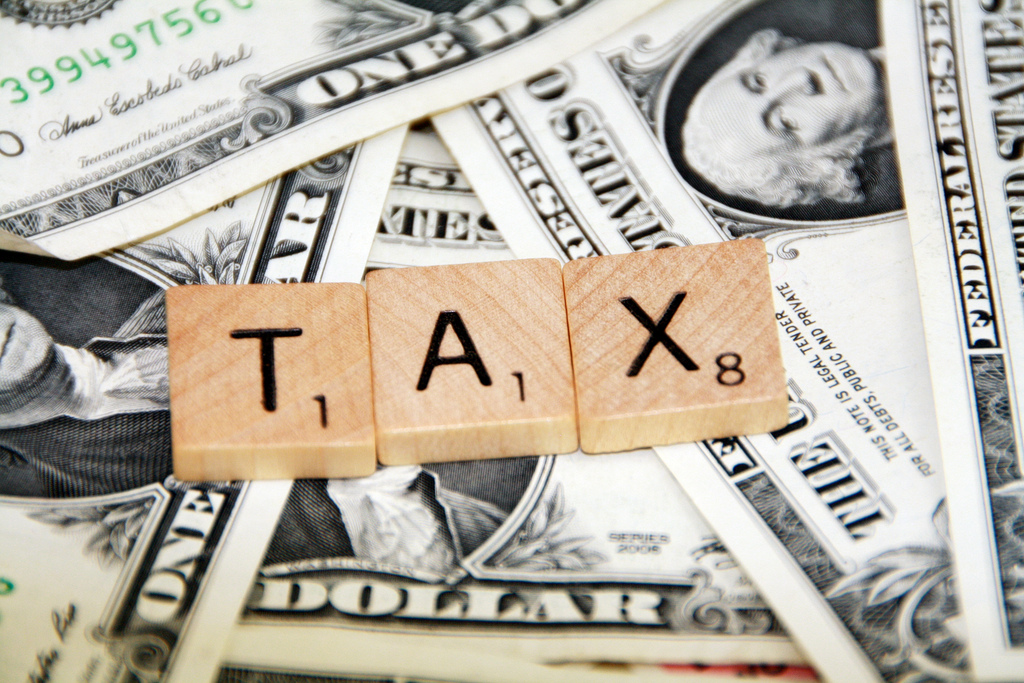
A lot of people look forward to April 15 because it means they get a nice check in the form of a refund from the IRS. In other cases, it means they owe more than they thought. What happens when you have a tax bill that you weren’t expecting and can’t pay?
This is a challenging, scary time, but it doesn’t mean financial ruin. There are ways to make your payment, even if you have to get creative.
1. Pay on Time
Don’t put it off. This is one payment you’ll have to make, so it’s better to find a way to pay on time.
“The most important thing to do when you’re struggling to pay your taxes is to not avoid them,” John Schmoll of Frugal Rules advises in a RISE article. “The temptation may be real, but it can only hurt you as the IRS will charge interest, and potentially send your account to collections. At the very least, file on time and pay what you can.”
2. Set Up a Payment Plan through Taxpayer Advocates
The IRS will work with you if you’re unable to pay the sum in full right away.
“If you are a qualified taxpayer or authorized representative (Power of Attorney) you can apply for a payment plan (including installment agreement) online to pay off your balance over time,” says the IRS website.
Call Taxpayer Advocates to set up this payment plan. They will plead your case with the IRS for free and establish a payment plan that you can handle without decimating your budget.
3. Take out a Cash Advance or Personal Loan
A personal loan or cash advance can cover your delinquent tax bill until you get your next paycheck. They’re designed as short-term loans with high-interest rates, so you can pay your taxes on time.
Then, you can use the extras from your upcoming paychecks to cover the cost of the personal loan over time. There are interest rates with this method, but it’s often better to owe interest to a personal loan company than to have an outstanding balance with the Internal Revenue Service.
4. Don’t Fall for a Scam
Every tax season, scammers claim to be the IRS and demand a huge sum of money in exchange for avoiding jail time. These are scams. The IRS will never call or email you.
They will only send you a letter in the mail with their official documentation. If you’re still skeptical about a letter that came in the mail, call the official IRS number and double check that it’s correct.
Always be wary of scams during tax season. You might be aware of some common ones from the past, but scammers are always trying new schemes to get your money.
“While the incidents of stolen identity refund fraud have gone down significantly, fraudsters are adaptive,” Kathy Pickering, vice president of regulatory affairs with H&R Block told Consumer Reports. The scams of last year might have adapted to catch an unsuspecting audience this year.
5. Sell Something
If you’re desperate to pay your taxes, use your resources to make the payment. Most people aren’t as impoverished as they think, and they can probably find something around the house to sell in order to cover an unexpected tax bill.
You might sell your tv, car, boat, furniture, and other high-value items to develop the cash necessary to make your payment. You can often replace these items with a more affordable option and still make ends meet.
6. Tap Into Savings
You might have intended your savings fund for a future vacation or the potential loss of a job, but it might be better served to cover your tax bill. You can work on rebuilding it when you’re square with the IRS.
Although it’s not ideal, you could also pull from a retirement fund or other investment savings account.
“While it’s a good idea to think of your retirement account as an account that you aren’t allowed to withdraw a penny from until you stop working for good, there actually are provisions allowing you to take the money out sooner,” explains Amy Fontinelle of Investopedia. “Most people will have to pay a penalty on the withdrawal and repay the account within a certain time frame, but this depends on factors like your age and the type of retirement account you’re borrowing from.”
As you can see, there are options for paying your taxes that don’t involve financial ruin. Consider your situation and consult with a financial advisor to choose the best repayment plan for you.